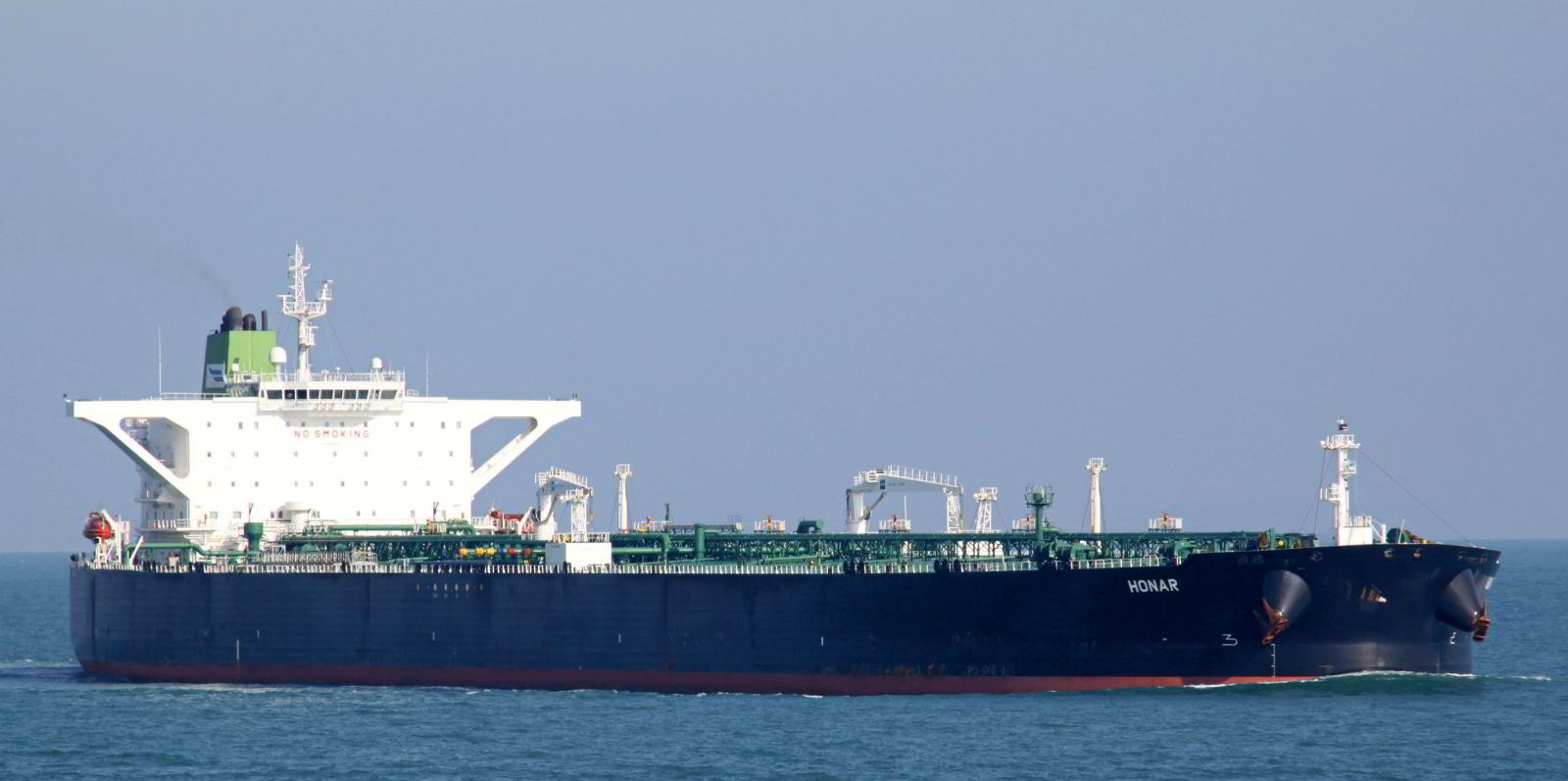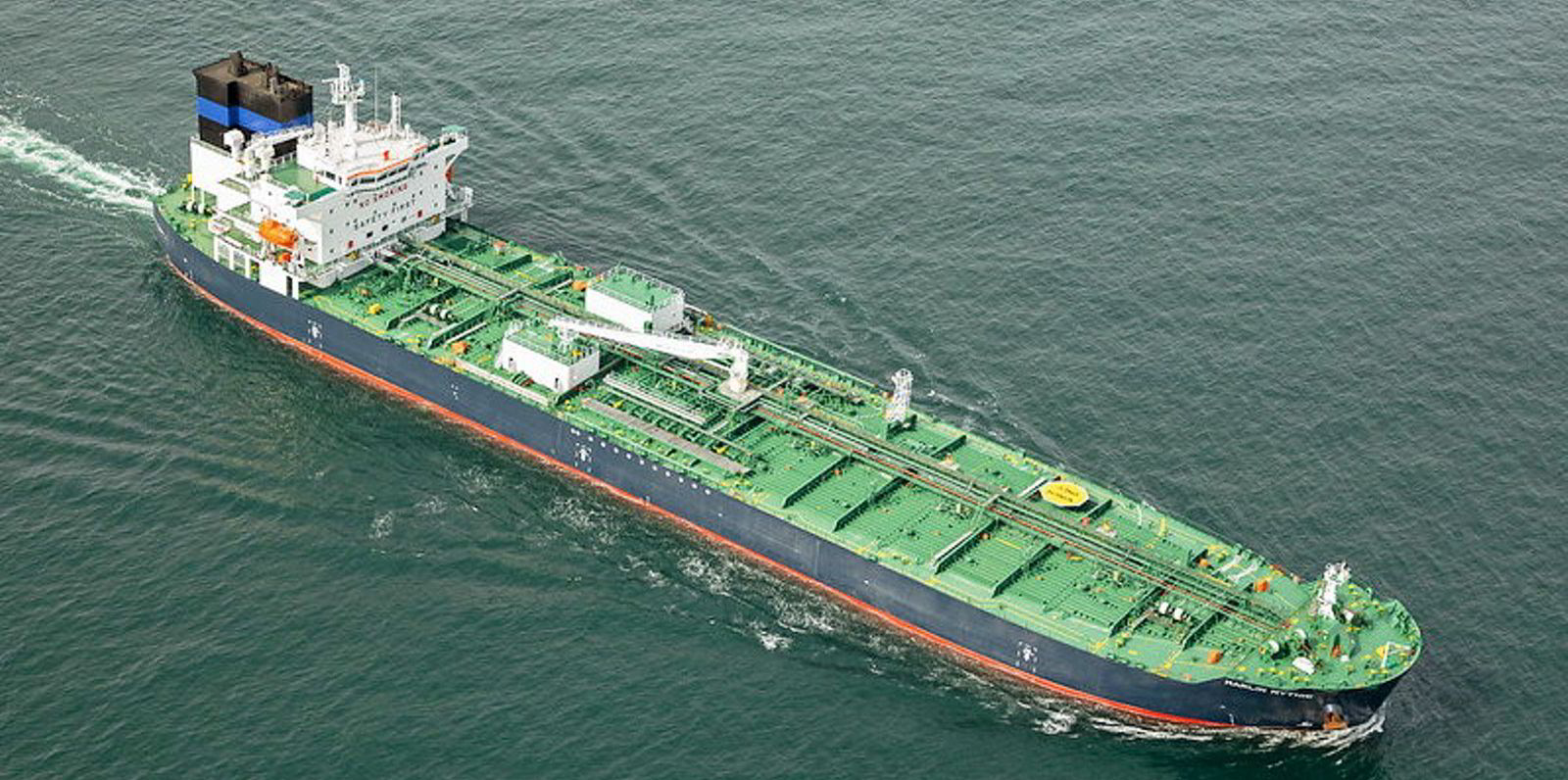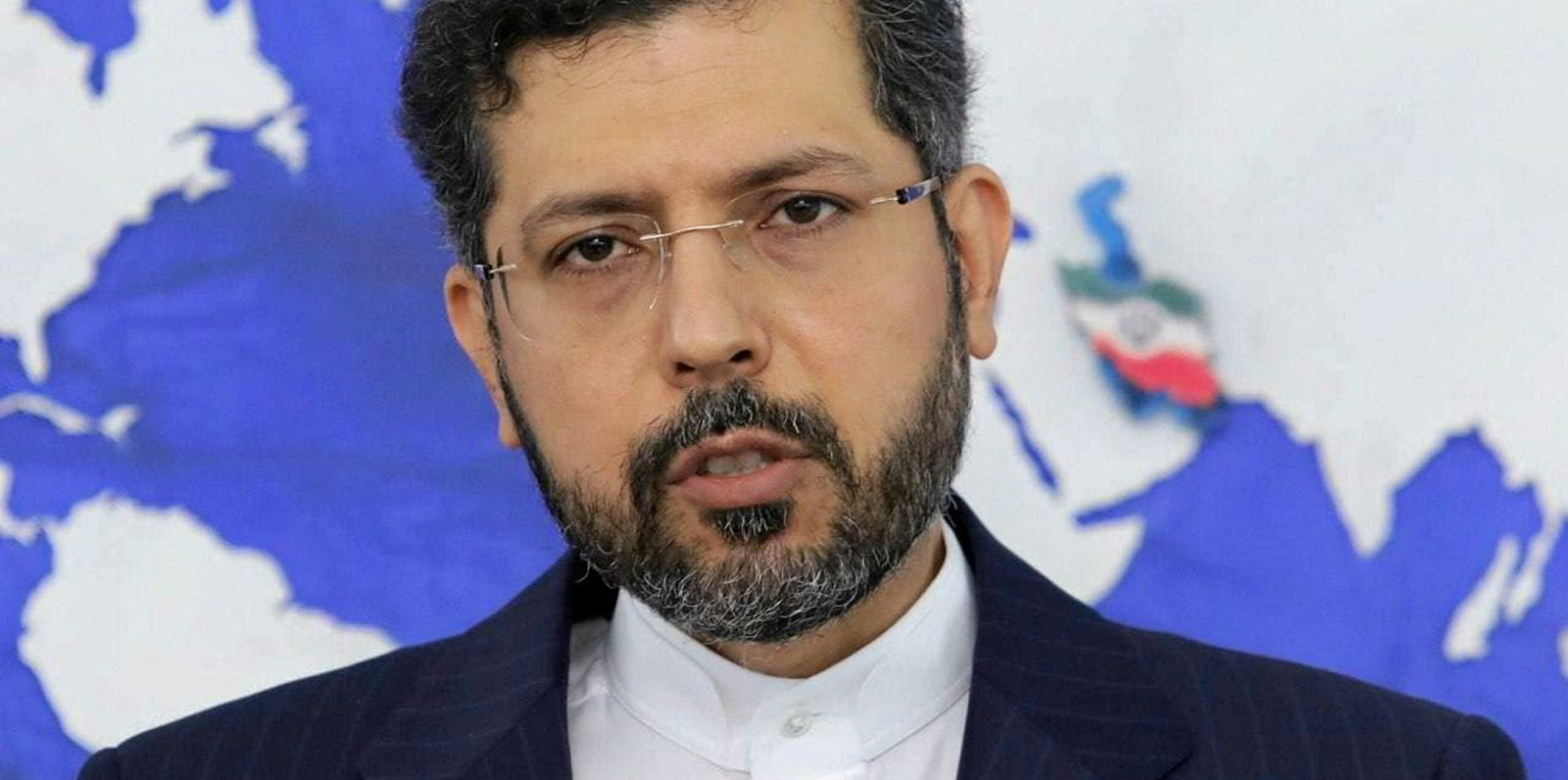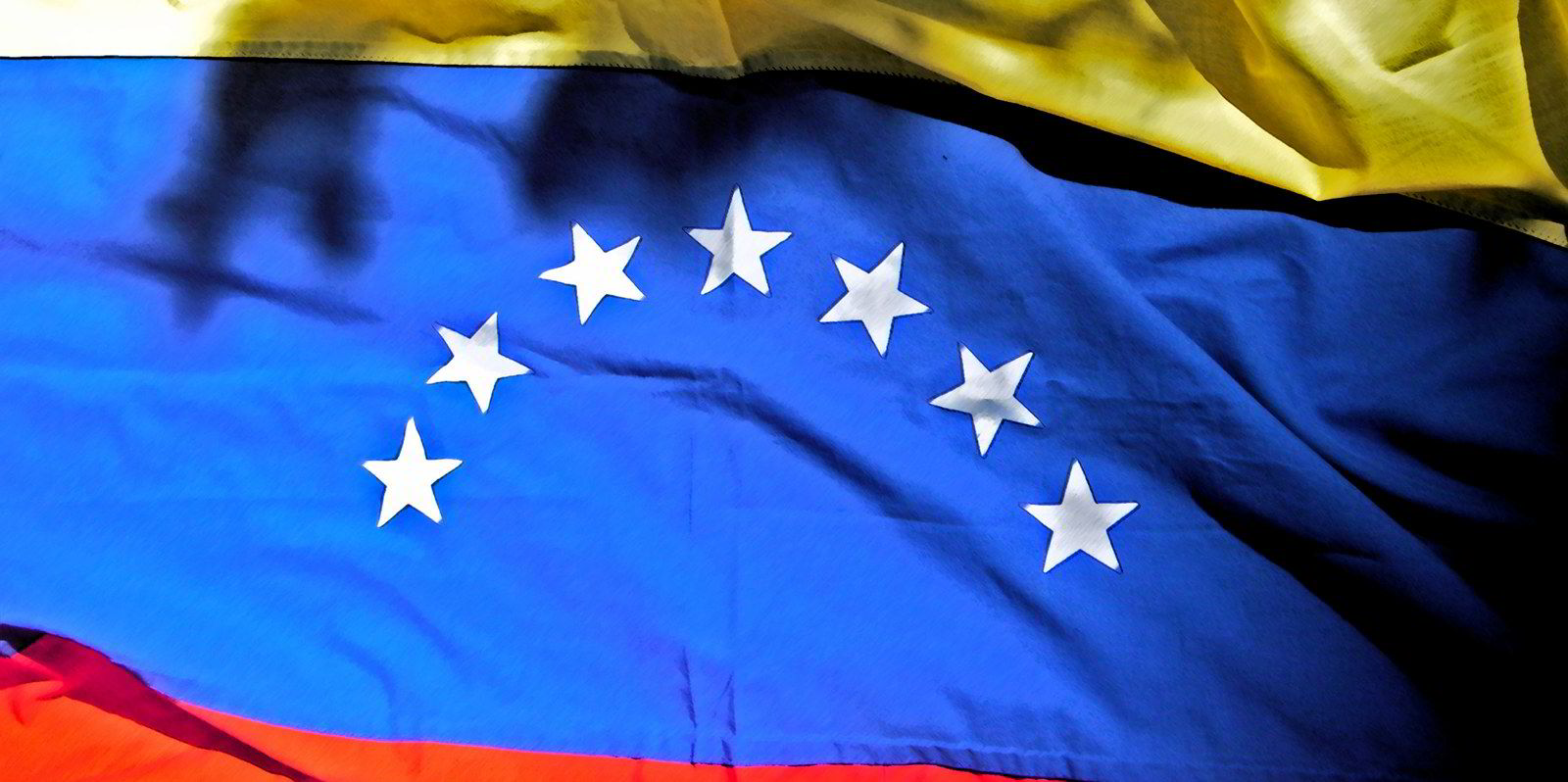A shadow tanker market where risk-loving owners enjoy huge rewards is emerging as the US tightens oil sanctions on Iran and Venezuela.
Industry data and sources suggest clandestine companies have amassed large tonnage in recent quarters to transport sanctioned cargoes via covert operations, usually to China.
While secretive operators pay more for secondhand ships than a sanctions-free market would warrant, they are said to be more than compensated by freight rates far above market levels.
“They get $20m for one single voyage,” a source told TradeWinds. "They just need to do a couple of voyages, and they have already won the lottery."
There also appears to be abundant opportunities, despite Washington’s efforts to isolate Iran and Venezuela from the international oil trade.
Rising cargo flows
US-based United Against Nuclear Iran estimates the Islamic republic’s crude and gas exports reached 1.57m barrels per day (bpd) in January, of which at least 42.4% was destined for China. This compares with 953,000 bpd in December.
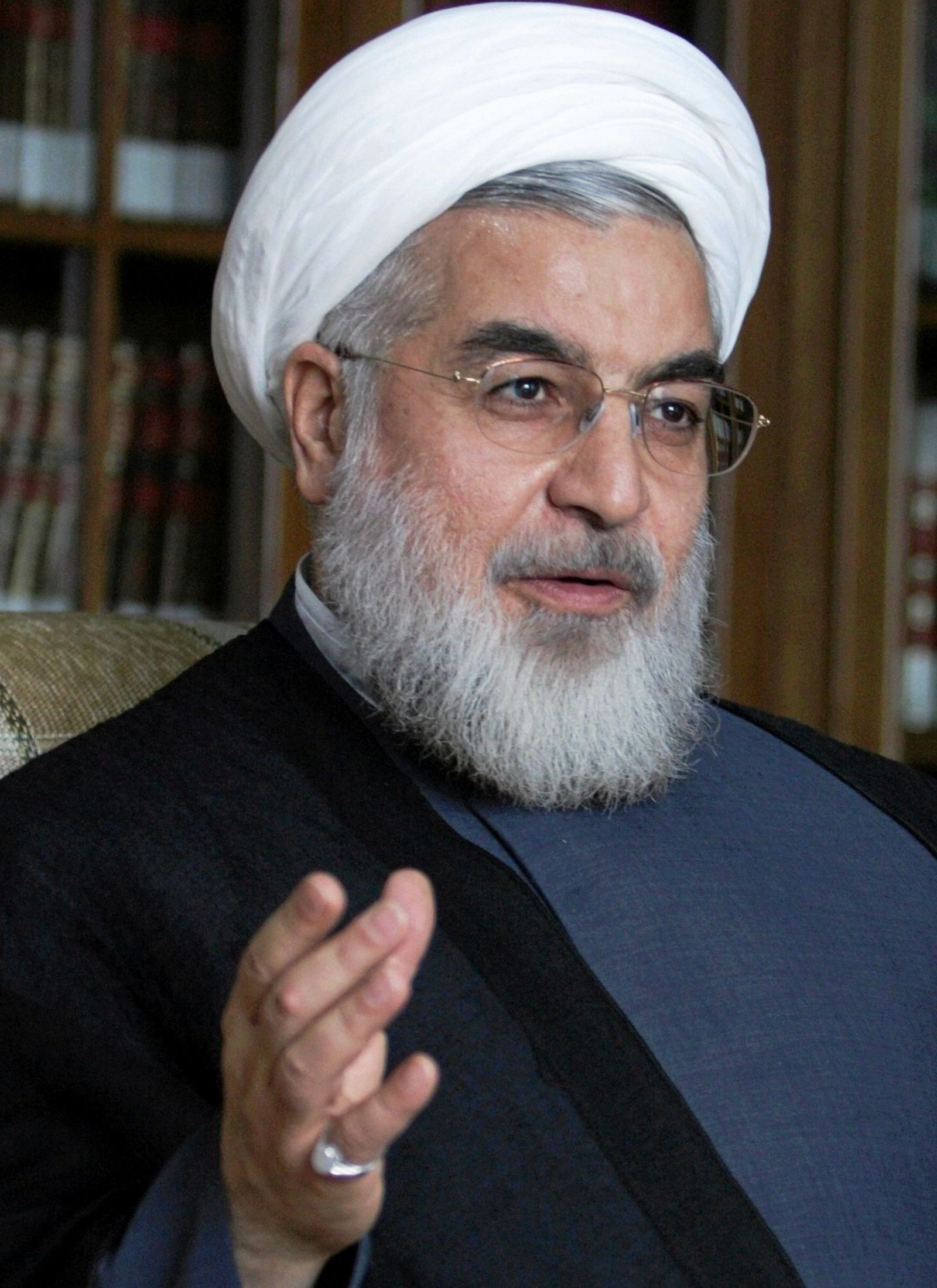
The pressure group said vessels undertook dark operations — identity spoofing, flag hopping, name changes and stealthy ship-to-ship transfers — to maintain the trade.
Cargo-tracking data reveals crude exports from Venezuela have fallen sharply over the past year.
But according to US-based think tank Atlantic Council, Venezuelan crude is being blended in South East Asian waters, relabelled Malaysian blend and shipped to China.
Despite falling production, Kpler data shows Malaysia hiked crude exports to China to 122,000 bpd last year, up from 80,000 bpd in 2019.
Its total monthly exports amounted to 200,000 bpd in January — the third highest on record.
It’s just business
China has emerged as the US' top geopolitical rival while openly opposing sanctions on Iran and Venezuela.
But most observers who spoke to TradeWinds believe the China oil trades are more about cheap barrels than politics.
“I do not think there is any political agenda here. It’s mostly about the money,” another source said, adding that China's independent teapot refiners are taking the cargoes, rather than state-owned players.
With Iran and Venezuela needing to sell their oil at heavy discounts, Chinese importers and middlemen can afford to pay high freight rates.
“The world is full of smaller players who only look at the money,” the source said. “If the freight offered is high enough, they are willing to take the risk.
“It’s a dog-eat-dog world ... It’s as simple as that.”
Fleet expansion
News of recovering Iranian and Venezuelan exports comes as the secondhand market for old, large tankers remains active.
VesselsValue data shows that at least 21 VLCCs, 11 suezmaxes and nine aframaxes aged 15 years or more have been sold to unnamed owners since July.
There is no evidence that these deals are in violation of US sanctions. Lawyers said sellers would not draw Washington's ire as long as they did not knowingly sell vessels for Iranian or Venezuelan trades.
Also, many private owners keep their identities hidden in secondhand markets — as is industry practice.
But there are past examples of ships in such recorded deals getting involved in opaque operations.
In January, Indonesia seized the 317,400-dwt Horse (built 2008) and 306,000-dwt Freya (built 2000) for an allegedly illegal oil transfer off Kalimantan province.
The Horse is owned by National Iranian Tanker Co. The Freya is the former Ridgebury Purpose, sold last year by Ridgebury Tankers to undisclosed Chinese interests.
Ridgebury said it sold the ship to Shandong Shenchi, a Chinese petrochemical player. But a source at Senchi said the company does not own or even charter any vessels.
“Ridgebury conducted extensive due diligence including determining that the [buyer] had a legitimate internal use for the vessel and including sanctioned clauses in the MOA [memorandum of agreement] that prohibited the buyer from operating in sanctioned trades,” the Connecticut tanker owner told TradeWinds after this story was published.
Industry-wide issues
Tanker experts say those in sanctioned trades prefer secondhand ships that have at least a few months' insurance cover and valid class certificates.
TradeWinds understands that the vessels could be recycled after one or two lucrative voyages without dry-docking, thus their operators can remain under the radar.
But there are worries over whether some vessels would continue trading even when their certificates expire. Most insurers are also expected to reject claims arising from incidents related to ships carrying Iranian or Venezuelan oil.
“From a safety point of view, this is all quite scary,” the second source said. “Oil carried by old, and therefore probably unsafe vessels, perhaps without insurance, with shadowy untraceable owners — this is a disaster waiting to happen.”

Joe Brady contributed to this story.
